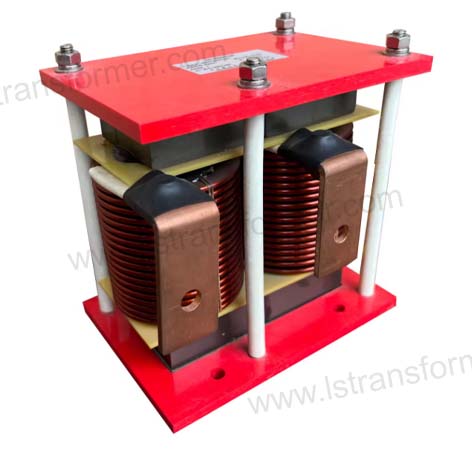Common Malfunctions and Troubleshooting Methods for Reactors
Reactors are important components in many electrical systems and can be subject to various malfunctions that affect their performance. Here are some common malfunctions and troubleshooting methods for reactors: Overheating: This can be caused by several factors, including overloading, insufficient cooling, or poor ventilation. The solution is to reduce the load on the reactor, improve cooling or ventilation, and monitor the temperature.
Noise: Reactors can generate noise due to magnetic forces or vibrations. This can be reduced by using dampeners, isolators, or increasing the distance between reactors.
Capacitance coupling: This occurs when there is a capacitance between the reactor and other components, leading to interference or feedback. The solution is to reduce the capacitance by adding insulation or changing the reactor's position.
Short circuit: This can be caused by insulation failure or improper wiring. The solution is to check the insulation and wiring and repair or replace any damaged components.
Overvoltage: This occurs when the voltage exceeds the rated value, leading to insulation breakdown or damage. The solution is to reduce the voltage or add surge protection devices.
Regular maintenance and testing can help prevent these malfunctions and ensure the optimal performance of reactors. It's important to follow the manufacturer's guidelines and consult with qualified professionals when dealing with any issues.
When using reactors in electrical systems, it is possible to experience common malfunctions. Some of the typical issues that can occur include insulation breakdown, leakage current, overheating, and mechanical failure.
Insulation breakdown occurs when the insulation material of the reactor cannot withstand the electric field stress, causing it to break down. This can lead to a short circuit, which can damage the reactor and other components of the electrical system. Leakage current, on the other hand, refers to the small amount of current that flows through the insulation material due to its inherent conductivity. This can cause the insulation material to break down over time and result in a malfunction of the reactor.
Overheating can occur due to the increased resistance of the reactor caused by high-frequency currents. Mechanical failure can also result from various factors such as physical damage, vibration, or misalignment.
To prevent these malfunctions, it is essential to maintain the reactor regularly and carry out inspections. The maintenance should include cleaning, tightening of connections, and replacement of worn-out parts. Inspections should include visual checks, measurements of the insulation resistance, and the condition of the reactor components.
If a malfunction occurs, the reactor should be removed and inspected to identify the cause of the problem. Repairs should only be carried out by trained professionals to ensure that the reactor is returned to its original state and can operate safely and efficiently.
LuShan, est. 1975, is a Chinese professional manufacturer specializing in power transformers and reactors for 48 years. Leading products are single-phase transformer, three-phase transformers, DC inductors, AC reactors, filtering reactor, expoxy resin high-voltage transformer and intermediate, high-frequency products. Our transformers and reactors are widely used in 10 application areas: rapid transit, construction machinery, renewable energy, intelligent manufacturing, medical equipment, coal mine explosion prevention , excitation system, vacuum sintering, central air conditioning.
Know more about power transformer :https://www.lstransformer.com/Transformers

 EN
EN
 FR
FR DE
DE ES
ES

